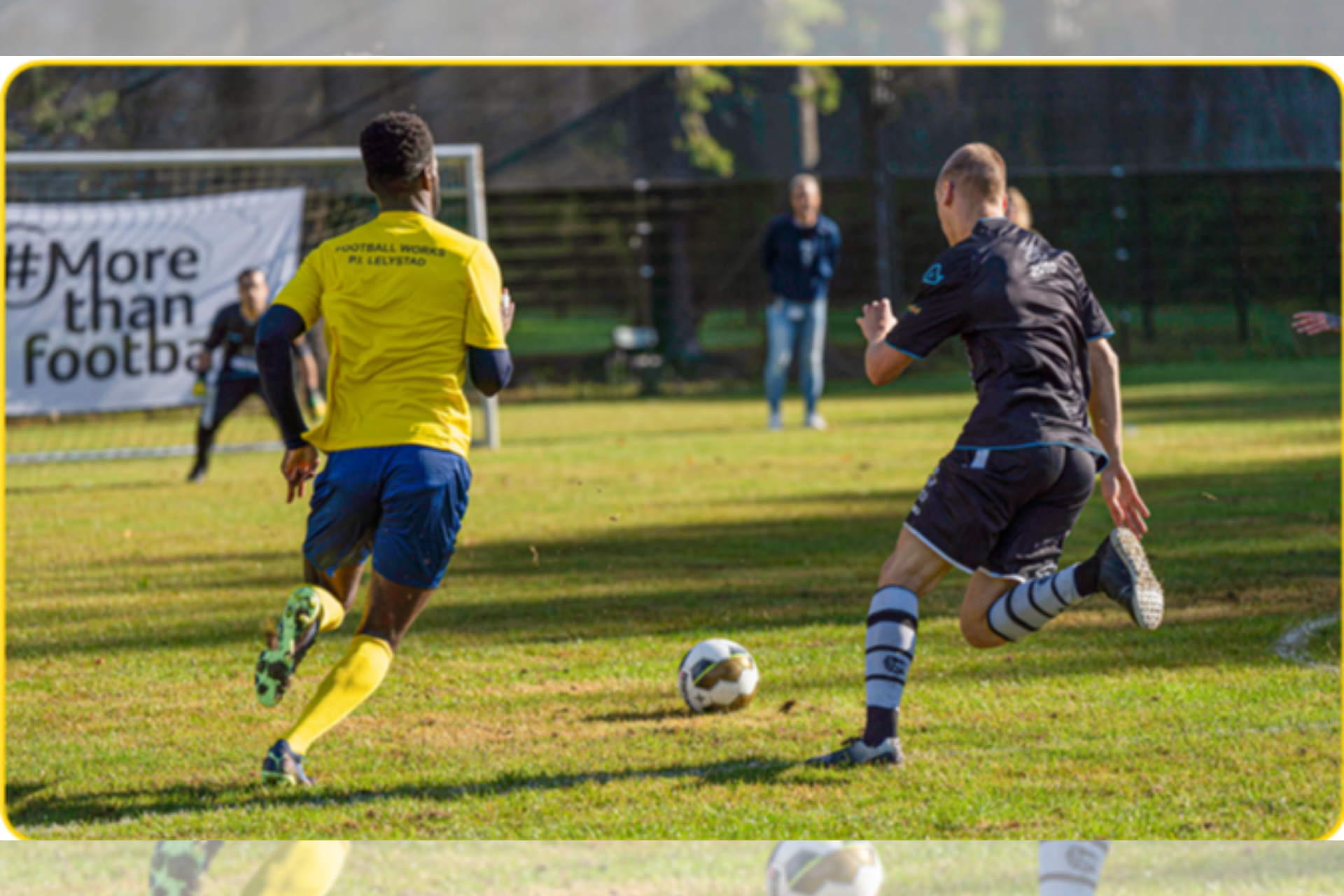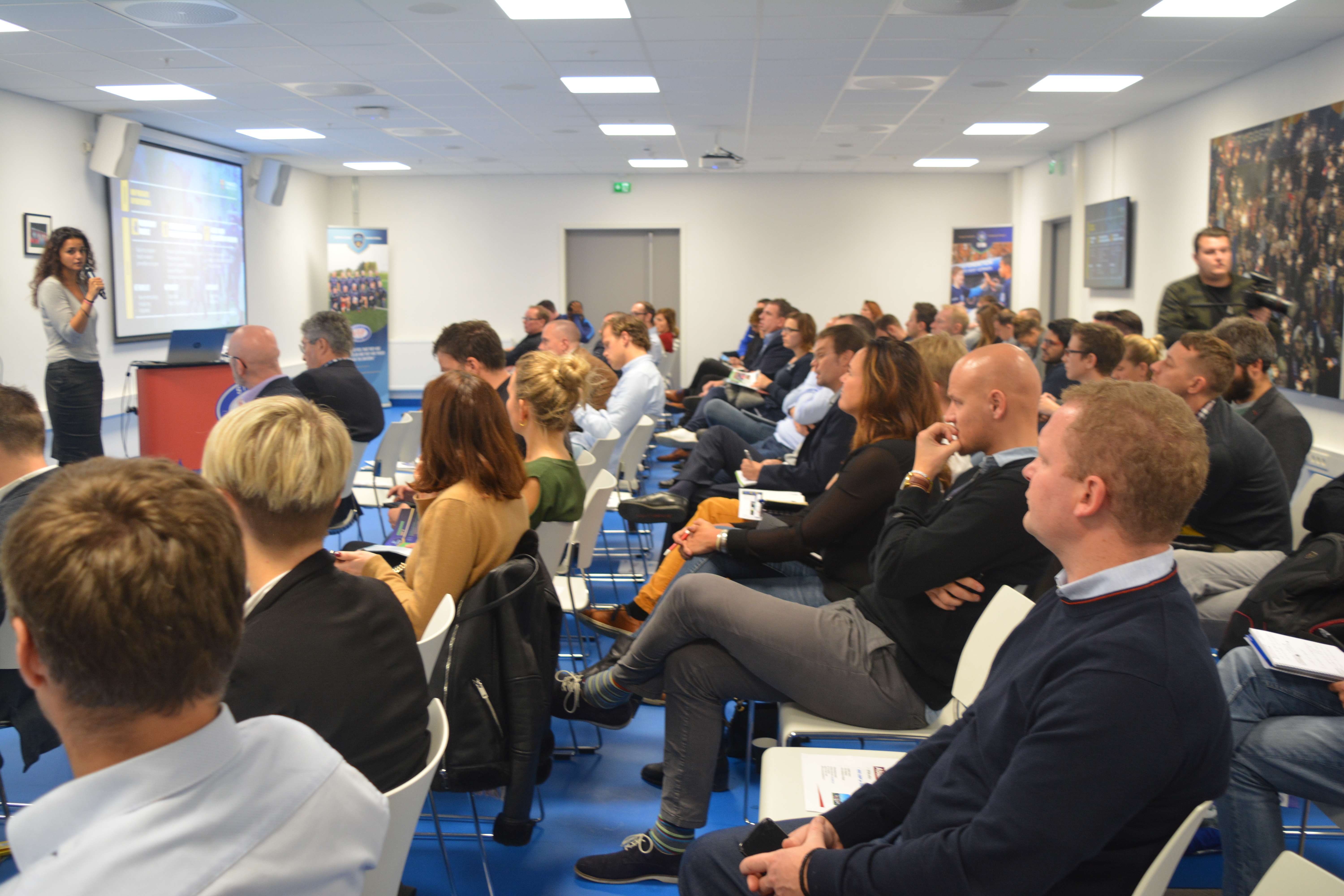Exploring the role of Sport for Development in the prevention and desistance from crime
This sector-wide Theory of Change has been developed in response to the need to identify the role of sport in the prevention and desistance from crime. It aims to improve the quality and consistency of programme delivery by empowering the Sport for Development (SfD) sector and the Criminal Justice System (CJS) to work together through a sector-wide methodology that harnesses the power of sport and facilitates specialised approaches whilst maintaining their individuality and uniqueness.
We have consulted a wide range of service users along with people and groups from both the SfD sector and the CJS across England and Wales. We have also started to gather and use academic research focusing on sport for the prevention and desistance from crime. The output of the Theory of Change process is a diagram of hypotheses of what we believe is the role of sport in desistance from crime. We found there to be four broad themes around the benefits of sport which can be summarised as follows: + Distraction: The simple argument is that by taking part in sport, people at risk are distracted from their involvement in anti-social behaviour and/or substance misuse. + Wellbeing: The established physiological arguments are that physical activities improve health, wellbeing and mood. + Individual development: There are a wide range of personal attributes that can be developed through sport, and which are enhanced through the sports coaching relationship. + Social and Community Development: There are social benefits of taking part in sport with others.
An important part of the argument for sport is that it’s particularly effective at engaging people at risk of crime. While some of this is due to the natural appeal of sport, we have also identified a range of quality factors and change processes that are likely to enhance this appeal; making sure it is enjoyable, accessible, consistent and safe, and giving service users a sense of ownership or control over activities. The other important ‘change process’ identified is the quality of the coaching/mentoring relationship. Ideally, coaches and sport mentors will build trust, make people feel valued, and act as role models with the aim of building a platform to maximise the benefits of taking part in sport and community focused activity. It is widely accepted that all of the above outcomes have positive effects on desistance from crime as well as other outcomes (employment, health etc.) that are also recognised pathways to desistance. We hope that both practitioners and academics across SfD and CJS will use this Theory of Change to drive vision, strategic thinking and delivery of services that use sport and physical activity within their programmes.
Download Document
Protected: 13TH EFDN CONFERENCE PRESENTATION – Montrose Community Trust: More than a football club
There is no excerpt because this is a protected post.

Football Works Trainer Toolkit (2023)
This toolkit was collectively developed as part of the ERASMUS Sport, EU funded project ‘Football Works’ including partners: Dienst Justitië...
Download Document
Real Madrid CSR Report 2015-16
The Real Madrid Football Club’s CSR Report for 2015-2016 aims to inform the reader about the CSR activities of ...
Download Document